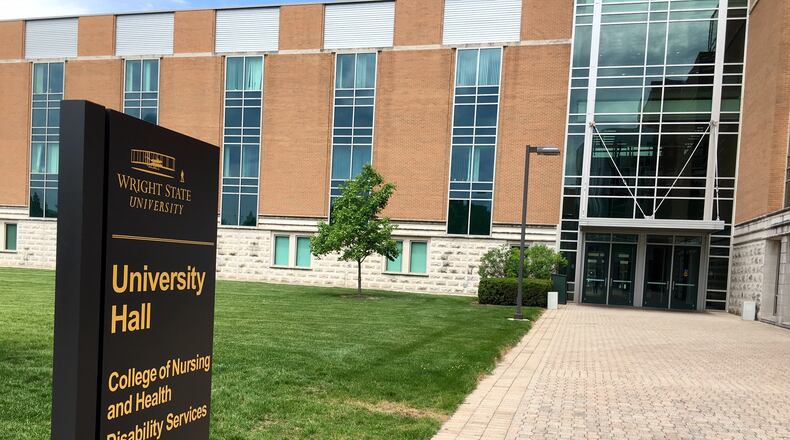Every four years, the faculty senate reviews its constitution and during its most recent look, members noticed there was no way for the senate to hold a confidence vote. If the faculty senate adopts such a process, it would be a “dignified and respectful” one, Loranger said.
To help draft the policy, the faculty senate looked to other public universities. The policy will be made public Monday during a faculty senate meeting, Loranger said.
Wright State President David Hopkins said he is not concerned by the potential policy; in fact, he praised it.
“It’s a common thing and unfortunately we don’t have one,” Hopkins said after the trustees meeting. “That’s a good addition and it needs to be clear and equitable.”
The addition to the constitution is not related to a recent petition that was circulated amongst faculty calling for a vote of no confidence for one of the university’s vice presidents, Loranger said. That petition did not come from the faculty senate and was mistakenly circulated via email, Loranger said.
She said there are no plans in place to hold a vote of no confidence. The Wright State faculty has not held a vote of no confidence for an administrator in more than 24 years.
The last time one was held was in March 1992 when then-president Paige Mulhollan survived a vote of no confidence by a margin of 187 to 132, according to news reports.
Also Friday, the board of trustees adopted a resolution to allow the university to explore the use or sale of the Kettering Center on Monument Avenue in downtown Dayton. The resolution allows the university to lease the property to Double Bowler, a nonprofit created by Wright State to purchase property and expand the campus’s footprint.
The center has been “mothballed for several years” and the university does not intend to move any of its classrooms or campus operations to the building, Hopkins said.
“We’re looking for a partnership to really bring it to life again,” he said.
The resolution will allow the university to start exploring options for the Kettering Center, although Board of Trustees President Michael Bridges said that selling the building is not something the university is “driving to do.”
“I will say nothing is off the table, though, in this time of financial remediation,” Bridges said.
For “affiliated entities,” such as Double Bowler, trustees also approved a policy establishing some new rules.
The policy requires two board members of an affiliated entity be nominated by Wright State’s president and at least one of those members to be involved in the organization’s budget approval or other “legal and financial obligations.”
It also requires the university to reassess its relationship with an affiliated entity every five years.
About the Author
